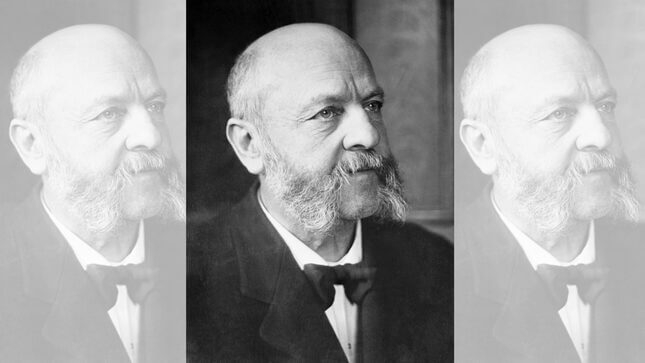Congress Needs to Repeal This Zombie 1873 Abortion Ban Before It Blows Up in Our Faces
"If it were to become the law, it would be absolutely catastrophic," an ACLU lawyer said of the Comstock Act, which the Supreme Court could resuscitate.
AbortionPolitics

There is, somehow, a 150-year-old federal law still on the books that could ban abortion nationwide, and Congress needs to move to repeal it immediately. While the zombie law, the Comstock Act of 1873, hasn’t been enforced since before Roe v. Wade, it’s now a live issue thanks to the abortion pill lawsuit. Some anti-abortion activists argue Comstock is still in effect and that, as a federal statute, it trumps state laws protecting abortion. If a judge agreed, that could result in a nationwide ban on abortion—whether via pill or procedure.
When an appeals court weighed in on the case after midnight on Thursday, they didn’t just claim that people should have to make three trips to a clinic to get abortion pills—they also claimed that the Comstock Act bans the mailing of any item used for abortions.
On a press call Thursday, Jennifer Dalven of the ACLU’s Reproductive Freedom Project, said the Fifth Circuit Court of Appeals suggesting that the Comstock Act bans the mailing of anything used for an abortion was frightening and lawless.
“It’s absolutely bonkers, I think is a technical legal term for this,” Dalven. “The court seems to suggest that it’s looking for a way to uphold a law from the 1800s, part of state-enforced morality laws, and try to use that potentially to advance their effort to ban abortion nationwide—not just the mailing of pills, as Judge [Matthew] Kacsmaryk’s decision suggested—but something even broader.”
-

-

-

-

-

-

-

-

-

-

-

-

-

-

-

-

-

-

-

-

-

-

-

-

-

-

-

-

-

-

-

-

-

-

-

-

-

-

-

-








































